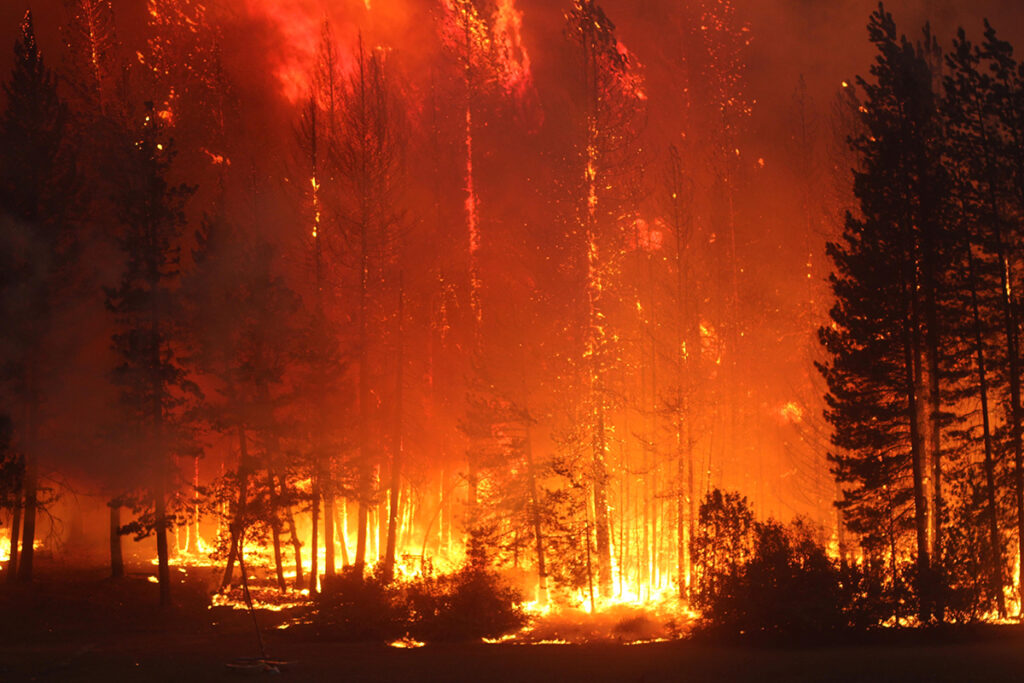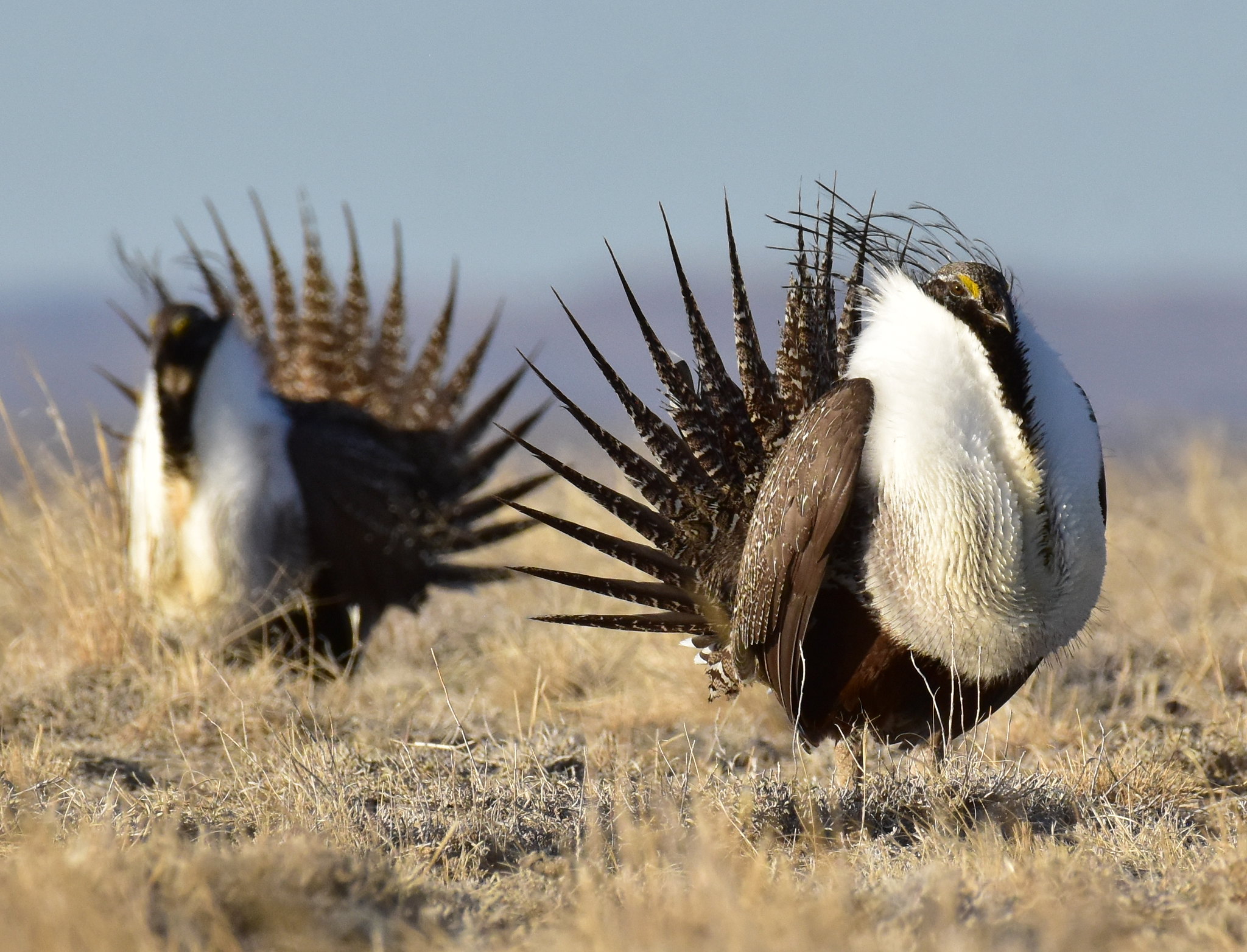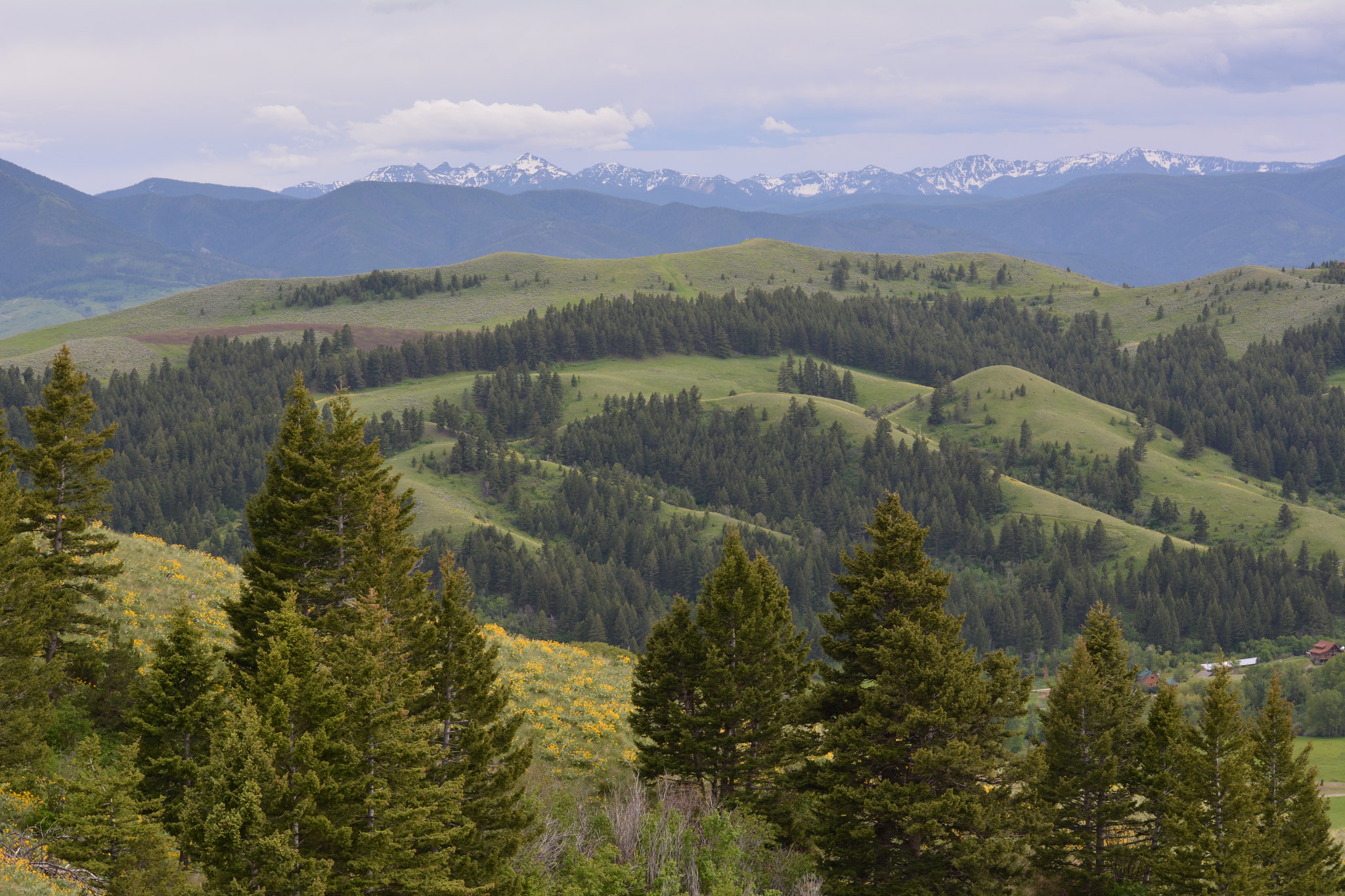
This letter was addressed to Senate Majority Leader Charles Schumer, Senate Energy and Natural Resources Committee Chairman Joe Manchin, Senate Energy and Natural Resources Committee Ranking Member John Barrasso, Senate Environment and Public Works Committee Chairman Thomas Carper, and Senate Environment and Public Works Committee Ranking member Shelley Moore Capito.
Dear Majority Leader Schumer, Chairman Manchin, Ranking Member Barrasso, Chairman Carper, and Ranking Member Capito,
Thank you for your continued work on environmental permitting reform. We, the undersigned conservation organizations, are writing because of the urgent need to restore America’s forests and fix the wildfire crisis, and there is potential opportunity to use current permitting reform discussions to do so. Now is the time to provide needed permitting relief for conservation projects that help our forest environments.
The wildfire crisis poses enormous threats to human life and infrastructure, but also wildlife habitat, air and water quality, and our climate. California’s wildfires, for example, released 112 million metric tons of carbon in 2020 alone, the equivalent of adding about 25 million cars to our roads. They have also burned forest carbon offset projects, choked the air with smoke, scorched endangered species habitat and national parks, and killed 19 percent of all remaining giant sequoias.
Over six million acres have burned this year alone, and the U.S. Forest Service reports 63 million acres of national forest system lands are facing high or very high risk of wildfire. The agency faces an 80 million-acre backlog in needed forest restoration, an area larger than New Mexico. Though the agency has committed to treating an additional 20 million acres on national forest system lands and 30 million acres of other federal, state, tribal, and private lands in the next decade, it needs all the help it can get to address the risk of catastrophic wildfire. Congress has authorized record funding—including new resources in the bipartisan infrastructure law—in an effort to address the wildfire crisis, but a clunky permitting process continues to hamstring forest managers’ ability to put these dollars to work on the ground mitigating megafires and protecting our forests.
Proactive forest restoration, including ecologically responsible prescribed burns and mechanical thinning of brush and other excess fuels, have proven to make wildfires less catastrophic when they occur. Exhaustive environmental reviews and litigation can delay, and sometimes prevent, urgently needed forest restoration projects for upwards of a decade. Meeting the Forest Service’s increased forest restoration goals for the next ten years outlined in its wildfire crisis strategy will require accelerating the review process timelines and reducing tanglesome litigation so resources can more rapidly and efficiently be deployed onto the ground.
Fortunately, permitting reform to address the wildfire crisis has already proven capable of gaining bipartisan support. For example, legislative efforts including the Save Our Sequoias Act (H.R. 8168), a Cottonwood fix (S. 2561), and the Root and Stem Project Authorization Act (S. 3046) all seek to streamline the permitting process for forest conservation projects and have been bipartisan support.
Congress has the opportunity to reduce the risk of catastrophic wildfires by reforming restoration permitting so critical forest work can be completed in a timely manner. Doing so will help the United States accomplish our bipartisan conservation goal: Promoting healthy forest ecosystems that sequester carbon, provide clean air and water, and support wildlife populations.
Sincerely,
Property and Environment Research Center (PERC)
National Wild Turkey Federation
Rocky Mountain Elk Foundation
Ruffed Grouse Society
C3 Solutions
Backcountry Hunters & Anglers
ConservAmerica
Theodore Roosevelt Conservation Partnership
National Deer Association


